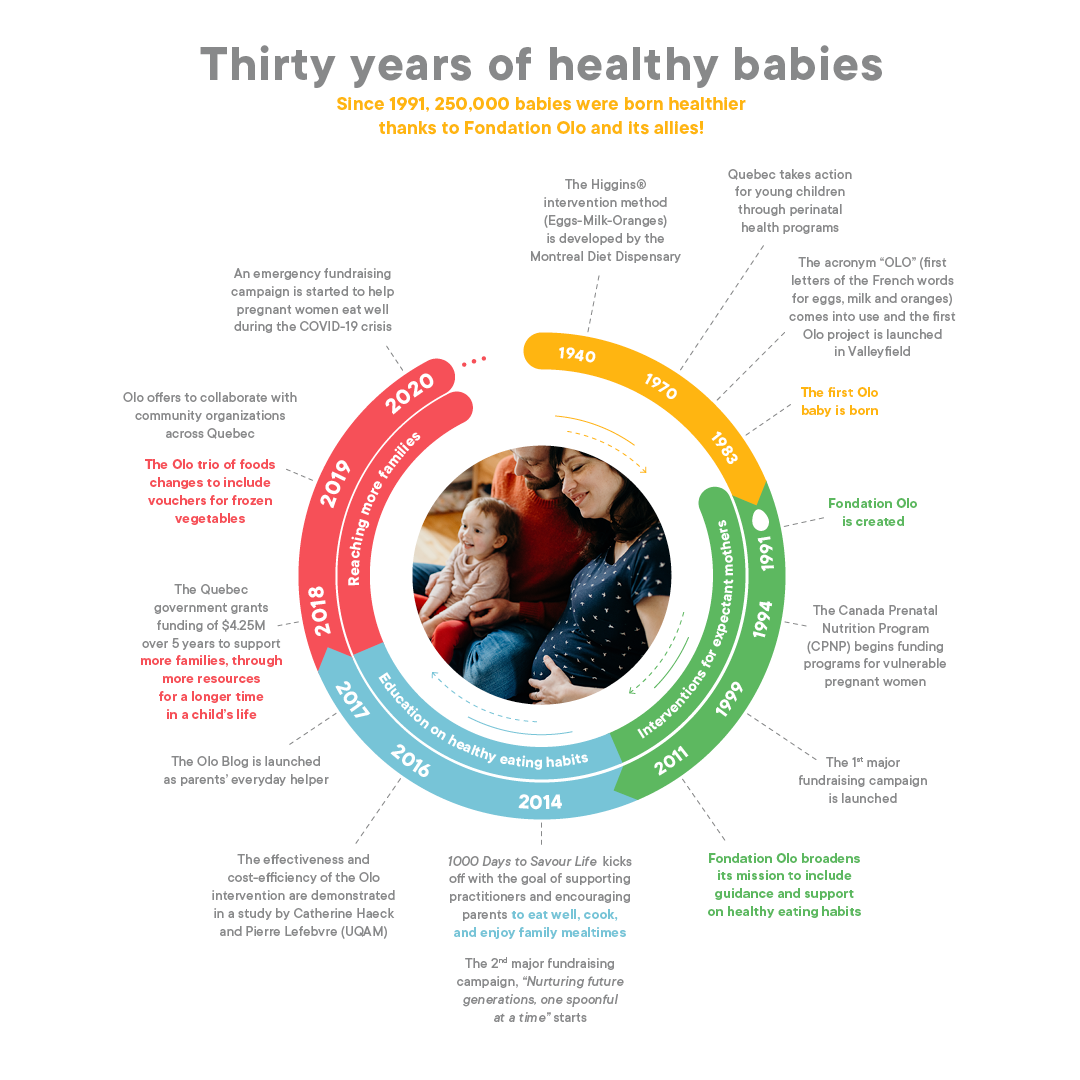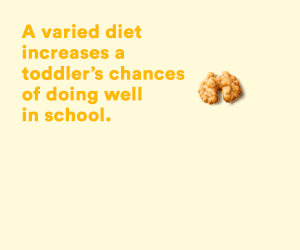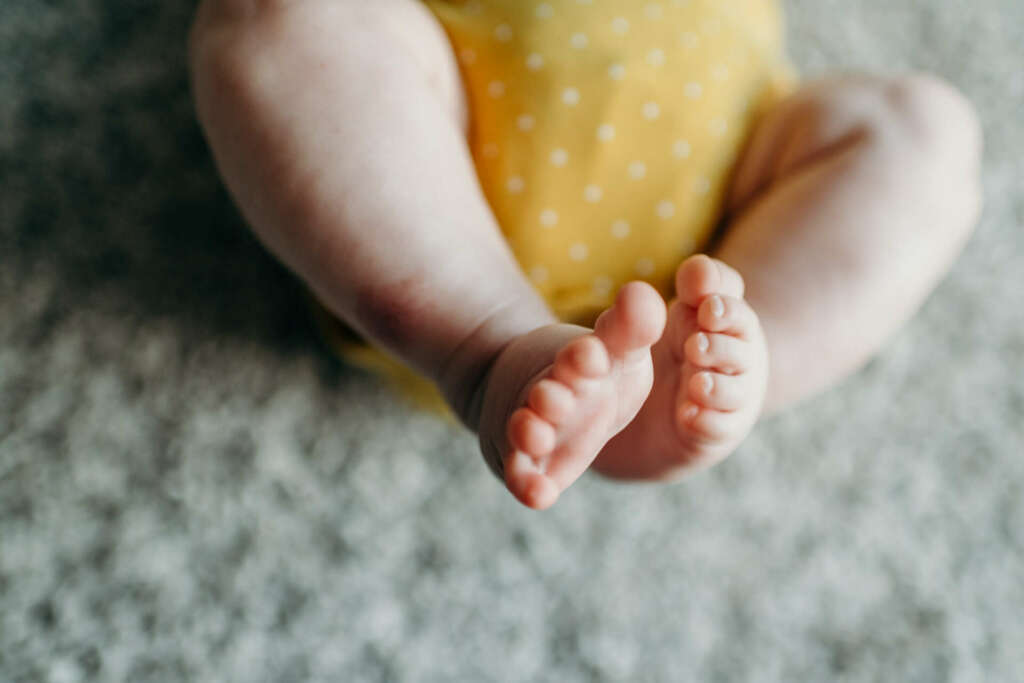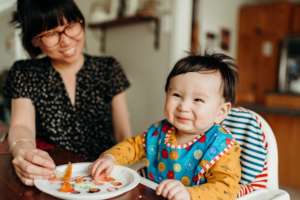We are proud to be celebrating our 30th anniversary this year. Fondation Olo was created in 1991, when perinatal care teams in 47 CLSCs in Quebec decided to join forces to help newborns get the best possible start in life. Today, Olo works hand in hand with stakeholders across the healthcare and social services spectrum along with a growing number of community organizations, embracing an innovative approach with a proven track record for supporting expectant mothers and vulnerable families. For more read our press release.
It is with deep gratitude that we can look back today at the progress we have made and the positive impact we have had over the past three decades.
Did you know..?
- In the past 30 years, more than 250,000 babies have come into the world healthier and stronger because of Olo.
- Our work focuses on the first 1,000 days of life, from conception to age two. This is a crucial period for babies’ health and development. Making sure their immediate nutritional needs are met and instilling healthy dietary habits early on are key to their well-being, now and as they grow.
- Every year, Fondation Olo reaches 5,000 new pregnant women in need across Quebec.
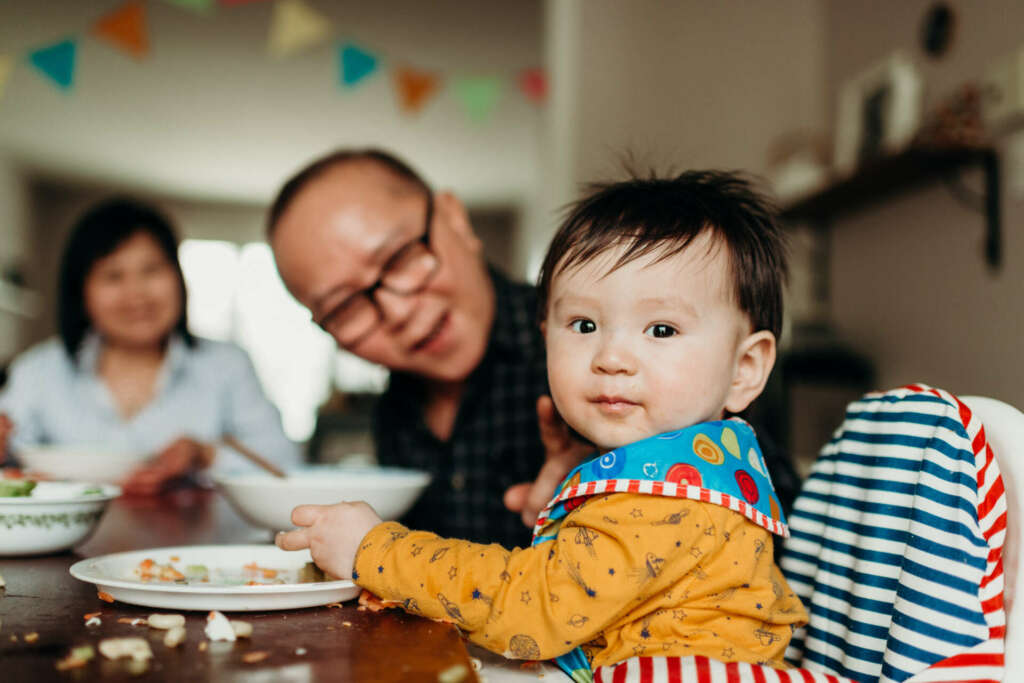
Our story
- “Olo” stands for “oeuf, lait, orange” (egg, milk, orange), the core of the Higgins nutrition intervention program developed at the Montreal Diet Dispensary, where the original idea for the Olo approach first emerged. In the early 1980s, a group of perinatal practitioners decided to incorporate this concept into a pilot project in the Valleyfield area of southwestern Quebec.
- Fondation Olo was formally set up in 1991, fuelled by the inspiration and guidance of perinatal care professionals across the Quebec healthcare and social services system.
- Between 1991 and 2005, the number of participating CLSCs ballooned, from 47 to 140. As of the mid-1990s, most Quebec CLSCs were members of Fondation Olo. Today, our network encompasses all of the province’s CLSCs, through the CISSS and CIUSSS networks.
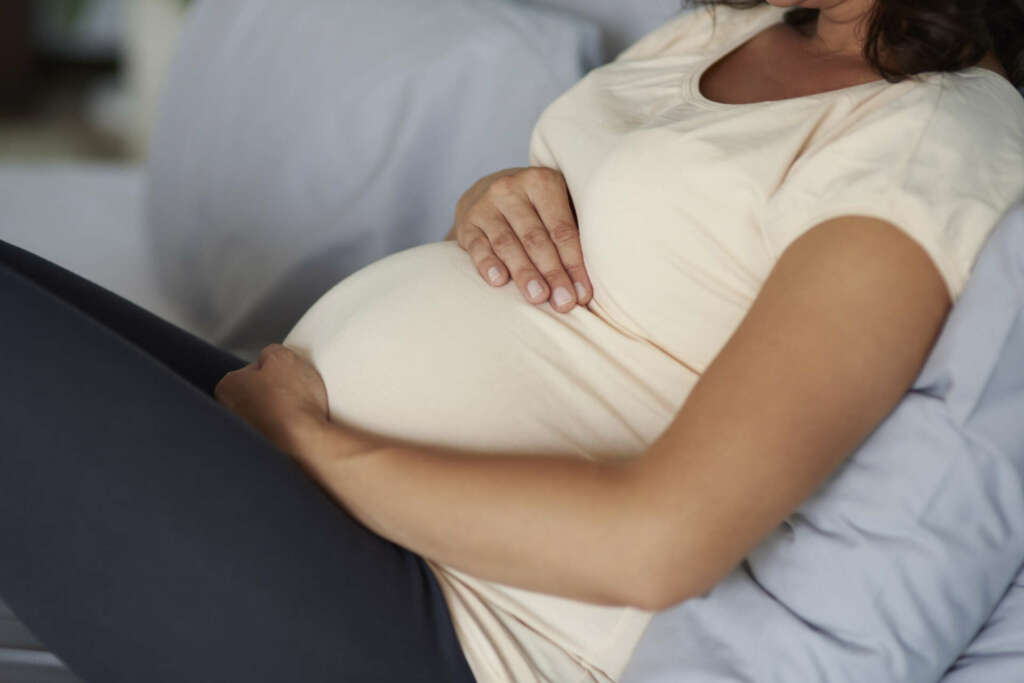
“Expectant mothers are glad to learn someone is there to look out for them. […] They’re already going through so much stress in other aspects of their life. As an Olo nutritionist, I see our role as one of a guardian angel, watching over them during their pregnancy.” – Marie-Josée Audet, nutritionist – Mauricie–Centre-du-Québec
A story of love and support for families, in three chapters
- Chapter 1: 1991–2013
Nutritional support for mothers-to-be - Chapter 2: 2013–2018
Extension of our involvement to cover the first 1,000 days of life, from conception to age two, and addition of a nutritional education component - Chapter 3: 2018–
Broadening of our impact by working together with local organizations and Indigenous communities
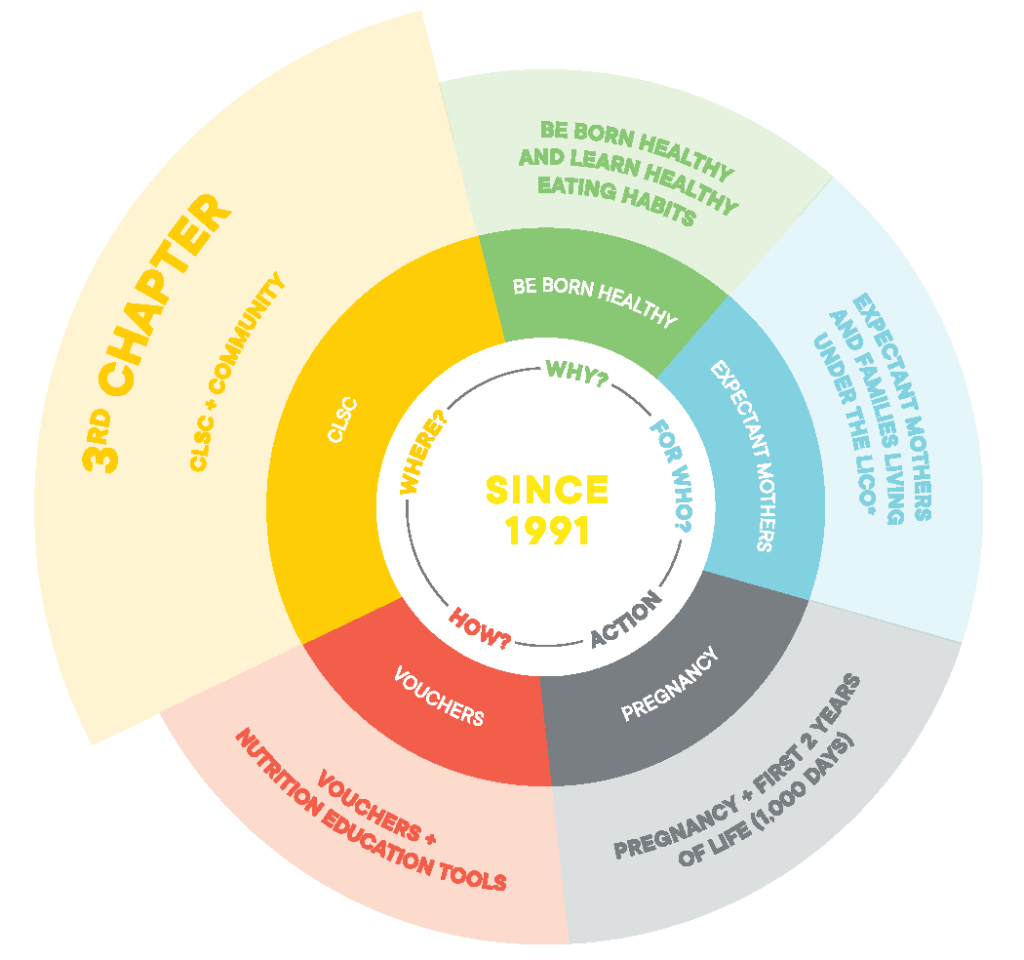
Community organizations
In 2018, we entered a new stage focused on expanding our approach and working more proactively with community organizations. Nearly 500 organizations have since expressed an interest in teaming up with Fondation Olo. Our free Discovery Kit has helped them learn more about how we work and what we stand for.
Through these organizations, we have direct contact with 143 family services centres, 86 public libraries, 46 collective kitchens, 37 food banks, 15 perinatal resource centres, 74 partner groups and 27 drop-in childcare centres across Quebec.
Indigenous communities
We have also recently started working with the province’s Indigenous communities.
We currently have two members in First Nations communities (the Mashteuiatsh and Opitciwan health centres).
17 Indigenous organizations and communities have received our Discovery Kit (7 First Nations communities, 4 Cree communities, 2 Northern communities (Nunavik), 4 Indigenous friendship centres).
A Development Committee for this new initiative was formed in late 2020. Committee members include representatives of five First Nations communities.
An approach that has proven effective, time and time again
“The Olo program is cost-effective and efficient because it targets the right population.” – Catherine Haeck, PhD, Associate Professor, UQAM School of Management
In 2016, a study carried out by Drs. Catherine Haeck et Pierre Lefebvre, two economics researchers at the Université du Québec à Montréal, emphasized the effectiveness of the Olo approach. The findings of the study showed that:
- Olo’s involvement means that babies are 1.6 times less likely to be born underweight (under 5.5 pounds).
- Our efforts have positive repercussions on academic performance later in childhood
In its 2017 portrait of Quebec’s youngest children, the Early Childhood Observatory found that low birth weight rates had decreased since 1980, the year the first Olo project was rolled out in Valleyfield. There is no doubt that our approach has contributed to this downward trend, alongside the efforts of community organizations and policies put in place to address social inequality and support families.
Looking to the future
Although we have certainly come a long way, there is still much more to do to improve babies’ health and well-being in communities across Quebec. In the past 30 years, we have grown, evolved and adapted to meet the needs of vulnerable families. As we start a new decade, we are brimming over with ideas and inspiration about how Fondation Olo can continue to make a difference, now and in the future.
Thank you to all those who have supported us in our work over the years. Your unwavering commitment is the reason so many life-changing projects have been developed and will continue to be developed in the coming years!
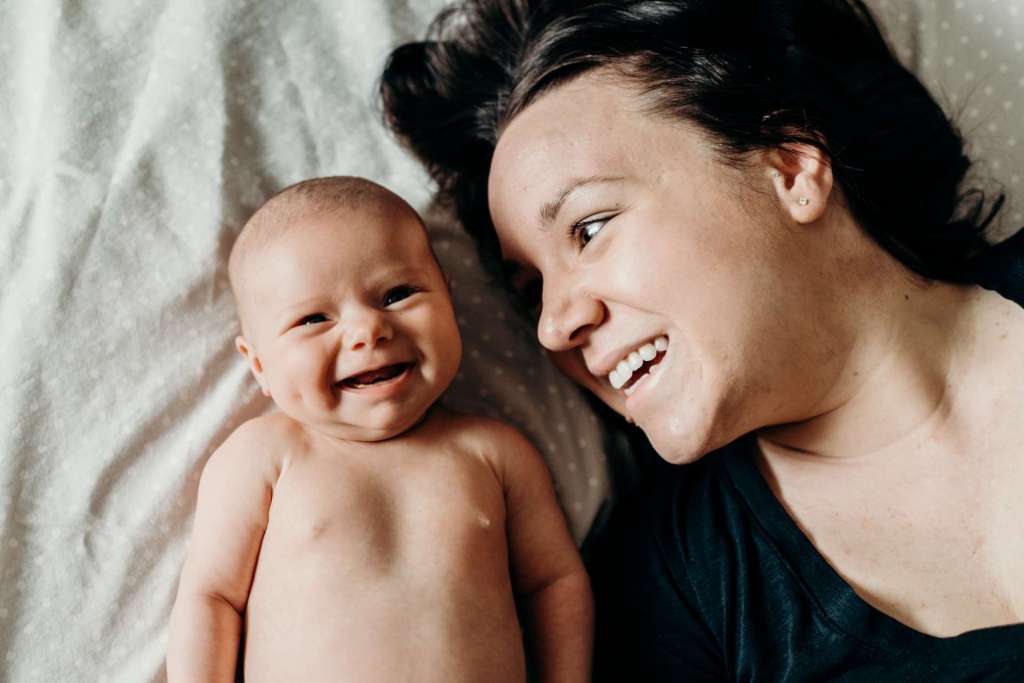
“There’s really a before and an after when it comes to the Olo program and what it does for us. It was very helpful in my case. I was alone at home, and I didn’t know a soul. My Olo worker was there for me, and not just for questions about my pregnancy. She encouraged me to look into things like going back to school.” Isma, an Olo mother, 16 weeks pregnant in April 2020 – Eastern Townships
